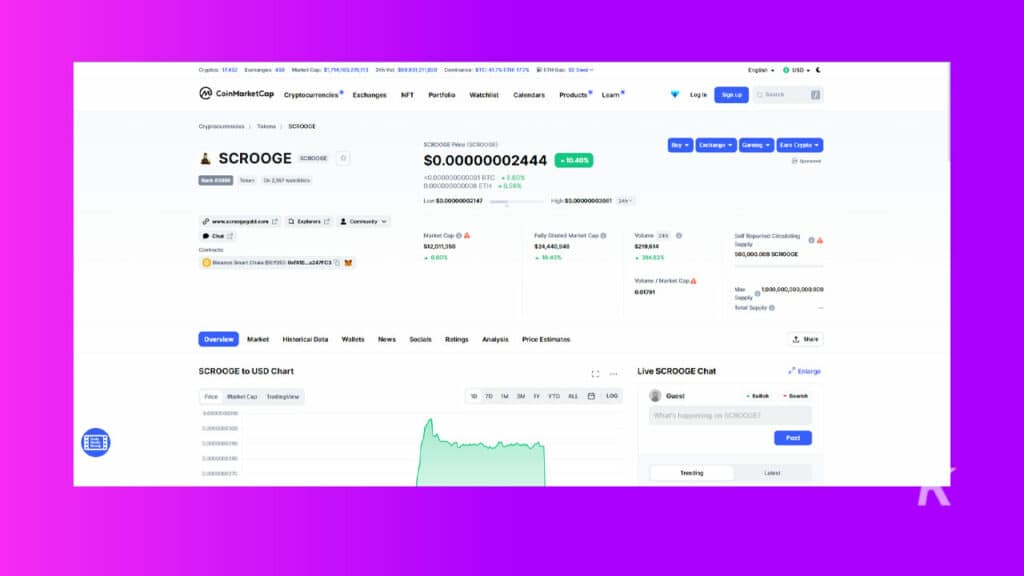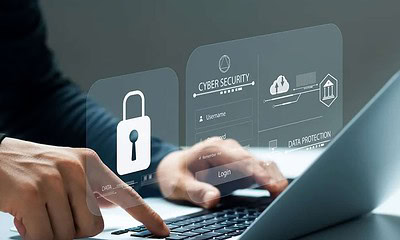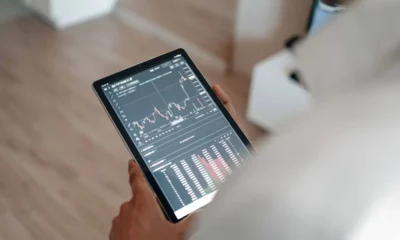Sponsored
What is a decentralized autonomous organization, and how does it work?
A DAO are organizations that operate on the blockchain. It works without a central authority through a decentralized voting system.

Just a heads up, if you buy something through our links, we may get a small share of the sale. It’s one of the ways we keep the lights on here. Click here for more.
Disclosure: This is a sponsored post by Mudrex. However, our opinions, reviews, and other editorial content are not influenced by the sponsorship and remain objective.
A Decentralized Autonomous Organization (DAO) is a new type of organization that operates entirely on the blockchain.
It is designed to operate without a central authority and is governed by its members through intelligent contracts. This article will explore what a DAO is, how it works, and its potential benefits and drawbacks.
What is it?
It is a digital organization run through a set of smart contracts on a blockchain. It is designed to operate without a central authority, with its members making decisions through a decentralized voting system.
It can be used for various purposes, such as managing a pool of funds or coordinating a group of individuals to work towards a common goal.
How does it work?

It is governed by a set of blockchain rules encoded as smart contracts. These smart contracts are self-executing and automatically enforce the laws of the organization.
The rules can be customized to fit the organization’s needs, with members able to propose and vote on changes to the authorities.
In a Decentralized Autonomous Organization, members have a stake in the organization, usually through ownership of a specific token or cryptocurrency.
These tokens represent the membership and can be used to vote on proposals and make decisions about the organization’s direction.
The voting process is usually done through a decentralized system, with members able to vote on proposals in real-time.
Benefits

Decentralization
One of the main benefits is its decentralization. It operates without a central authority, making all decisions through a decentralized voting system.
It means that the organization is not subject to the control of any individual or group, which can increase trust and transparency.
Decentralized Finance (DeFi)
DAO is often used in the DeFi space to manage funds and investments. It can provide access to a wide range of financial products and services previously unavailable to many individuals and organizations.
Transparency and efficiency
Another benefit is its transparency. All transactions and decisions made by the organization are recorded on the blockchain, providing high transparency and accountability.
It can be more efficient than traditional organizations because they do not have the exact overhead costs.
They are designed to operate with minimal administrative fees, and decisions can be made quickly and efficiently through the voting system.
Flexibility
They are highly customizable, with the organization’s rules able to be modified to fit the members’ needs. It makes them highly flexible and able to adapt to changing circumstances.
Innovation
DAOs are a relatively new form of organization, which means that they have the potential to drive innovation in various industries.
They can facilitate new forms of collaboration, governance, and decision-making, which can lead to the development of new products and services.

Tokenization
It uses tokens as a means of membership and governance. These tokens represent ownership in the organization and can be used to vote on proposals and make decisions.
This tokenization can incentivize members to participate in the organization’s governance and align their interests with the organization’s success.
Interoperability
It can interact with other blockchain-based organizations, increasing their reach and impact. They can also use interoperable protocols to facilitate cross-chain communication, increasing their efficiency and effectiveness.
In summary, a DAO is a new organization operating entirely on the blockchain. It is designed to work without a central authority, with decisions made through a decentralized voting system.
It can provide various benefits, including decentralization, transparency, efficiency, and flexibility.
However, they also have drawbacks, such as complexity, security risks, lack of regulation, and governance issues.
As the use of it continues to grow, individuals and organizations need to understand their potential benefits and drawbacks and take steps to manage their risks appropriately.
Have any thoughts on this? Drop us a line below in the comments, or carry the discussion over to our Twitter or Facebook.
Editors’ Recommendations:
- YashaDAO funded Project Guzzler building an exciting and immersive NFT metaverse for cars
- How ChatGPT is transforming music
- The art of growing your social media following
- How you can leverage AI to aid your marketing efforts
Disclosure: This is a sponsored post. However, our opinions, reviews, and other editorial content are not influenced by the sponsorship and remain objective.
































